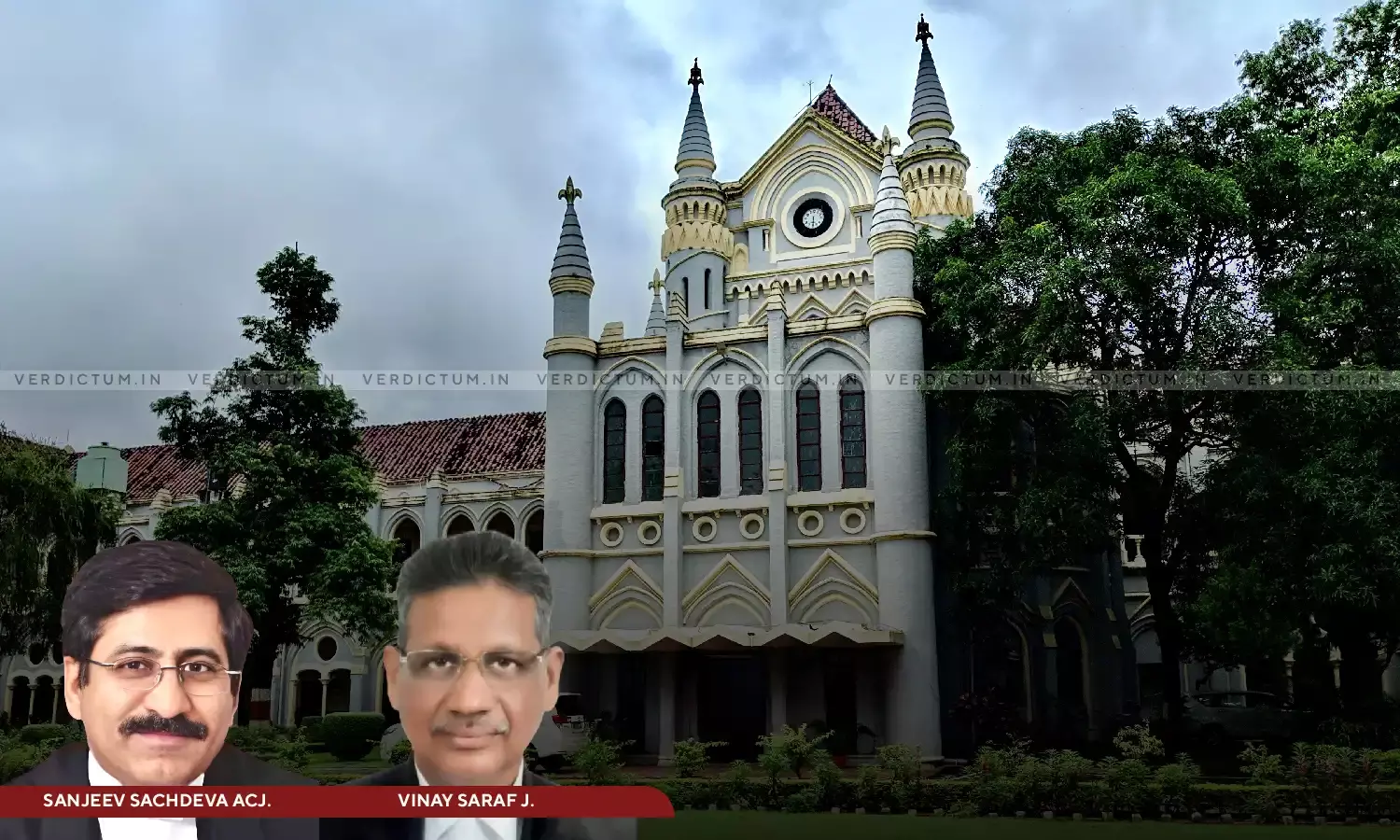Madhya Pradesh HC Issues Notice In PIL Seeking Expedited Bail Hearings & Reduction Of Procedural Delays
The Madhya Pradesh High Court has issued notice in a Public Interest Litigation (PIL) urging state authorities to eliminate "unnecessary delays" in deciding bail pleas and sentence suspension applications.
The Bench of Chief Justice Sanjeev Sachdeva and Justice Vinay Saraf ordered, "Notice is accepted by learned Additional Advocate General appearing for respondents/State....List on 23.10.2024."
The Court further ordered, "The Superintendent, Central Jail Jabalpur shall have the drinking water tested from an approved laboratory for its potability and reports be submitted before the next date of hearing. The Superintendent of Jail shall also file the report as to how the potable drinking water is stored and supplied to the Jail inmates. The concerned District Judge shall also inspect the Jail premises and submit a report with regard to above."
The petition, filed by Advocate Amitabha Gupta, highlights that such delays infringe upon the right to "speedy justice," a fundamental right guaranteed under Article 21 of the Constitution of India.
"...that the lack of proper and hygienic water storage, and distribution systems in the prison cells which may precipitate an outbreak of waterborne illnesses among the incarcerated citizens. The Petitioner contends that this state of affairs constitutes a violation of the inmates' fundamental right to life, as enshrined in Article 21 of the Constitution of India," the PIL read.
It emphasizes that these delays often result from public prosecutors seeking adjournments to gather essential documents like criminal antecedents and custody reports of the accused. According to the petitioner, these delays could be avoided if such documents were made available during the first hearing. This, in turn, would save judicial time, reduce administrative burdens, and alleviate the financial strain on the state.
"The response to the RTI, issued by the office of the Superintendent, Central Jail Jabalpur reveals that the water supply for the prisoners is arranged by the Municipal Corporation through water tube wells which is then stored in pots, cans, buckets, and water bottles(campers) in the individual cells (barrack). That this method of water storage and distribution raises serious concerns about the cleanliness on account of harmful exposure to potentially noxious agents, ensuring the purity and safety of drinking water for human consumption," the petition read.
The PIL outlines that public prosecutors frequently request adjournments to "procure and present" the criminal antecedents or custody reports of the applicants, causing delays of one to two weeks or deferring substantive hearings on bail applications. The petitioner contends that these procedural delays create avoidable bottlenecks and hinder the efficient functioning of the judicial system.
The petition proposes that criminal antecedents of the accused or convict should be brought to the court by the prosecutor during the first hearing, along with the case diary. Additionally, the trial court, when delivering a conviction judgment, could record the convict's criminal antecedents and time spent in custody as an undertrial. This would eliminate the need for adjournments and ensure smoother judicial proceedings.
Highlighting the importance of timely access to records, the petitioner points out that the National Crime Records Bureau (NCRB) has a prescribed form for recording criminal antecedents, which could be adhered to in order to streamline judicial processes. It calls for state authorities, including the Department of Home Affairs and the Director General of Police (Madhya Pradesh), to ensure that criminal antecedents are recorded in the prescribed format and presented at the first hearing of bail or sentence suspension applications.
Among the reliefs sought, the petitioner requests that trial courts be directed to include the criminal antecedents of convicts in their judgment of conviction, thereby improving the efficiency of the justice delivery system.
Cause Title: Amitabha Gupta v. State of MP & Ors. [WP No. 31359/2024]
Appearance:-
Petitioner: Advocate Aparajita Gupta
Respondent: Additional Advocate General (AAG) Bharat Singh
Click here to read/download the Order




